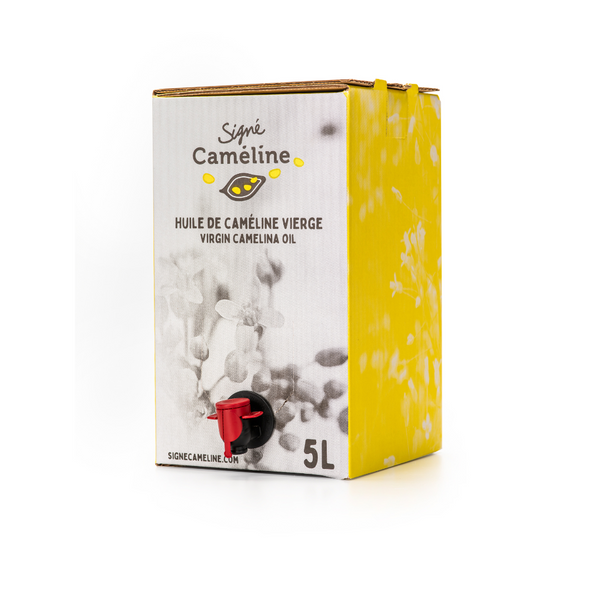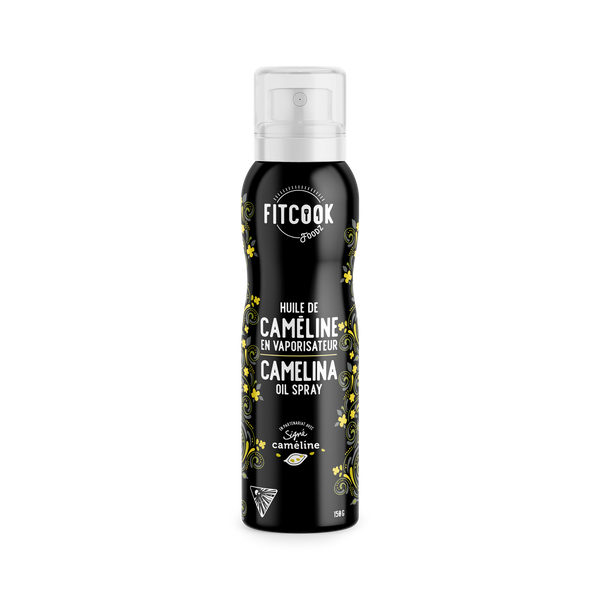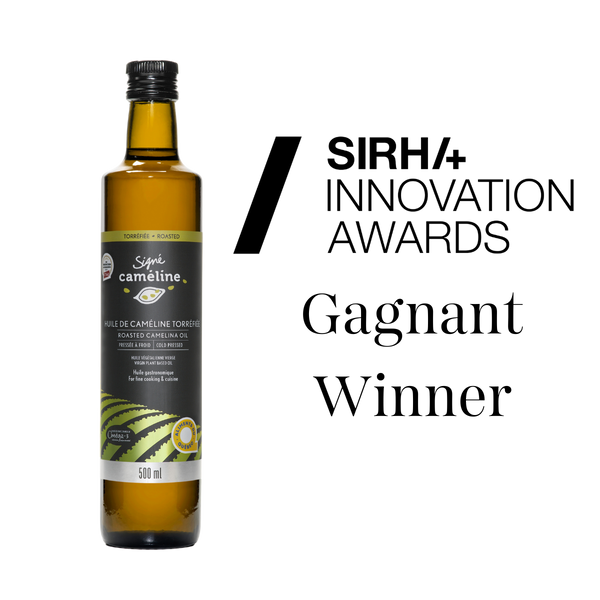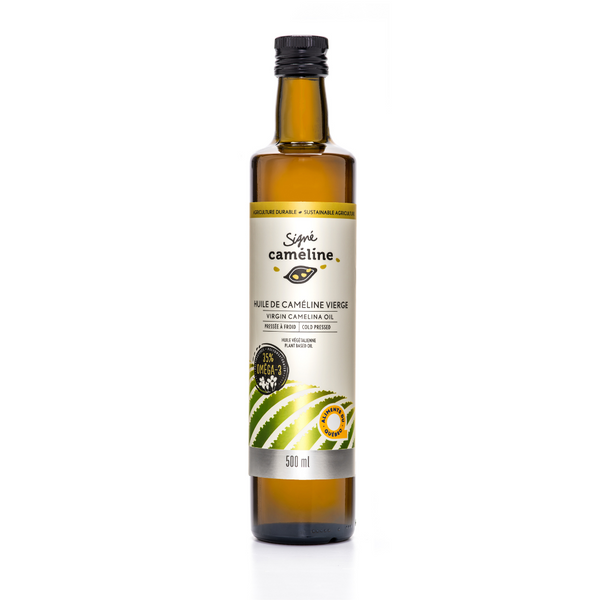How to choose a vegetable oil?
•Posted on November 28 2024

by Vanessa Daigle • Nutritionist-Dietician
Imagine: You go to the supermarket to buy a few missing items. On your list: vegetable oil.
When you arrive in front of this aisle, you are, as always, confused by the generous offer. But which oil should I take? How do I know which one is best for me, the one to favor for cooking or for salad dressings?
If you are asking yourself these questions, you are not alone. We have to admit that it is not easy to make an informed choice.
For this reason, we believe that the best thing, as always, is to explain the basics to you so that you can make choices consistent with your interests and values.
In the following lines, we will share with you different elements to consider when selecting a vegetable oil.
In our opinion, oils are the fat par excellence, both for cooking food and for dressings, or to enhance the flavor of certain dishes or ingredients. For this reason, betting on a quality product is definitely a must!
A HEALTHY CHOICE!?
1st criterion: the composition of fatty acids
First, let's start with the basics. Knowing that a vegetable oil is almost exclusively composed of fat, what distinguishes them from each other, from a health point of view? Well, it's the different proportions of fat they contain (omega-3, 6, 9, etc.).
The North American diet is often low in omega-3 (which is known to be beneficial) and too high in omega-6 (which is pro-inflammatory when consumed in excess). Choosing an oil rich in omega-3 is therefore a good choice.
👍 The oil richest in omega-3 on the market today is camelina oil, which contains 35% omega-3 , followed distantly by rapeseed oil, with 10% omega-3.
👎Ideally, it is advisable to limit the consumption of oils rich in omega-6, such as sunflower, corn, soybean and grapeseed oil.
Antioxidants
Beyond fatty acids, oils also contain antioxidant compounds, such as polyphenols. Being very sensitive to processing and heat, it is advisable to favor virgin, extra virgin and cold-pressed oils.
A word about fraud
Food fraud is unfortunately very present in the world of oils. To combat it, there is nothing better than opting for local products! The less distance there is between you and the producer, the more transparency there is.
Food fraud is defined as any deceptive or illegal practice aimed at altering the quality, nature or origin of food products in order to make economic profit. In the case of oils, for example, you could find traces of soybean oil in olive oil without it being identified.
BEYOND HEALTH
The smoke point
The smoke point is the temperature at which the oil begins to smoke. In other words, it is the temperature that should not be exceeded when using the oil, otherwise its components will be altered. When using an oil for cooking, make sure that its smoke point is high enough to withstand the heat. You can find this information on the manufacturers' website.
Flavor
Obviously, beyond health, flavor will always be an important criterion when selecting food products. Pay attention to the flavors of the products you choose in order to enhance your dishes with their different aromatic profiles.
Of course, different oils can certainly have their place in your pantry. Among our favorite products, camelina oil is definitely at the top of the list.
CAMELINA OIL
By far the richest omega-3 oil on the market. An incomparable flavor, greatly appreciated by chefs around the world!
A local product. A very high smoke point: 246 °C (475 °F) – it is therefore suitable for all types of cooking!
We also appreciate its little sister, roasted camelina oil, whose flavor is similar to that of toasted sesame oil. A must in the kitchen!
We hope this information will help you make an informed choice!
https://shorturl.at/4SDmT



